Cover the fires
What's a curfew, anyways?

The word "curfew" originated from the Old French term "couvre-feu," which literally translates to "cover fire".[1] The term was used to refer to a regulation or order that required people to extinguish all open fires at eight o'clock.[2] It also refers to a device used to cover embers of a fire at night to allow for easier igniting in the morning, presumably by preventing dew formation.
The purpose of the curfew was to prevent accidental fires from spreading during the night when most people were asleep. While this seems like a practical and innocuous reason, these laws often served additional purposes. Just as modern curfews have a prima facie purpose, such as reducing crime at night, these laws are also used as a means of control over the population. For William the Conqueror, a curfew was necessary to limit uprisings amongst the newly, well, conquered territories of mainland Britain.
A law formalised by William the Conqueror; https://archive.org/details/universaletymolo00bailuoft/page/n235/mode/2up?q=Curfew. ↩︎





